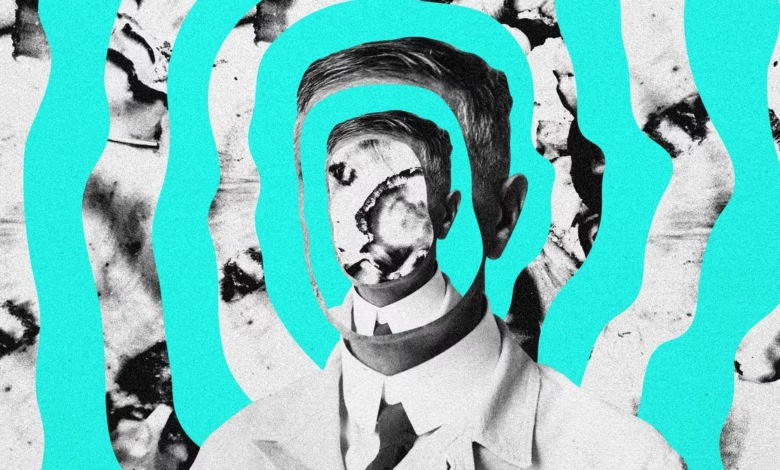AI Chatbots Now Help Guide Psychedelic Trips Safely

▼ Summary
– Trey, a 36-year-old first responder, struggled with alcoholism for 15 years before quitting in December and later using the AI journaling app Alterd to aid his sobriety.
– Using Alterd as a “tripsitter,” Trey took a high dose of LSD (700 micrograms), which helped him overcome alcohol cravings and achieve a sense of freedom.
– The app’s AI chatbot provided Trey with introspective insights, helping him trust his own guidance, reduce fear, and align his actions with his values.
– AI-assisted psychedelic experiences are emerging as a potential alternative to costly human-guided therapy, despite concerns about AI’s inability to understand human subtleties.
– AI therapy chatbots, like one tested in a clinical trial, show promise in improving mental health, though their advice can sometimes be unreliable or inaccurate.
AI chatbots are stepping into uncharted territory by assisting users through psychedelic experiences, offering guidance where traditional therapy remains inaccessible or illegal. While human supervision is still considered the gold standard, these digital companions are gaining traction among those exploring altered states of consciousness for personal growth or addiction recovery.
Take the case of a 36-year-old first responder from Atlanta, who battled alcoholism for over a decade before turning to an AI-powered journaling app called Alterd. Using the platform as a virtual tripsitter, a sober companion during psychedelic experiences, he took a high dose of LSD and reported a profound shift in his relationship with alcohol. “I went from craving compulsions to feeling true freedom,” he shared, crediting the app’s conversational AI for helping him reflect on his journey.
The app’s “chat with your mind” feature allowed him to process his experiences in real time, offering responses that felt deeply personal. “It’s almost like your own self that you’re communicating with,” he said, describing the AI as a trusted confidant. His story highlights a growing trend where technology bridges gaps in psychedelic-assisted therapy, which remains legally restricted outside a few regions like Oregon, Colorado, and Australia.
While ketamine therapy is legally available in some places, traditional psychedelic treatments often come with steep costs, making AI an appealing, if controversial, alternative. Critics warn that machines lack the nuanced understanding of human emotions, raising concerns about potential harm. Yet, early trials show promise: a recent study found that over half of participants using an AI therapy chatbot for depression reported significant mood improvements, with some rating the experience on par with human therapists.
The rapid adoption of tools like ChatGPT suggests a future where AI could play a larger role in mental health support, even in high-stakes scenarios like psychedelic journeys. Startups are already experimenting with voice-activated “orb” devices designed to guide users through these experiences, blurring the line between technology and traditional healing practices. As these innovations unfold, the debate continues: Can AI truly replace human empathy in therapy, or does it risk oversimplifying a deeply personal process? For now, users like the Atlanta first responder see it as a lifeline, one that’s reshaping their understanding of recovery and self-discovery.
(Source: Wired)





